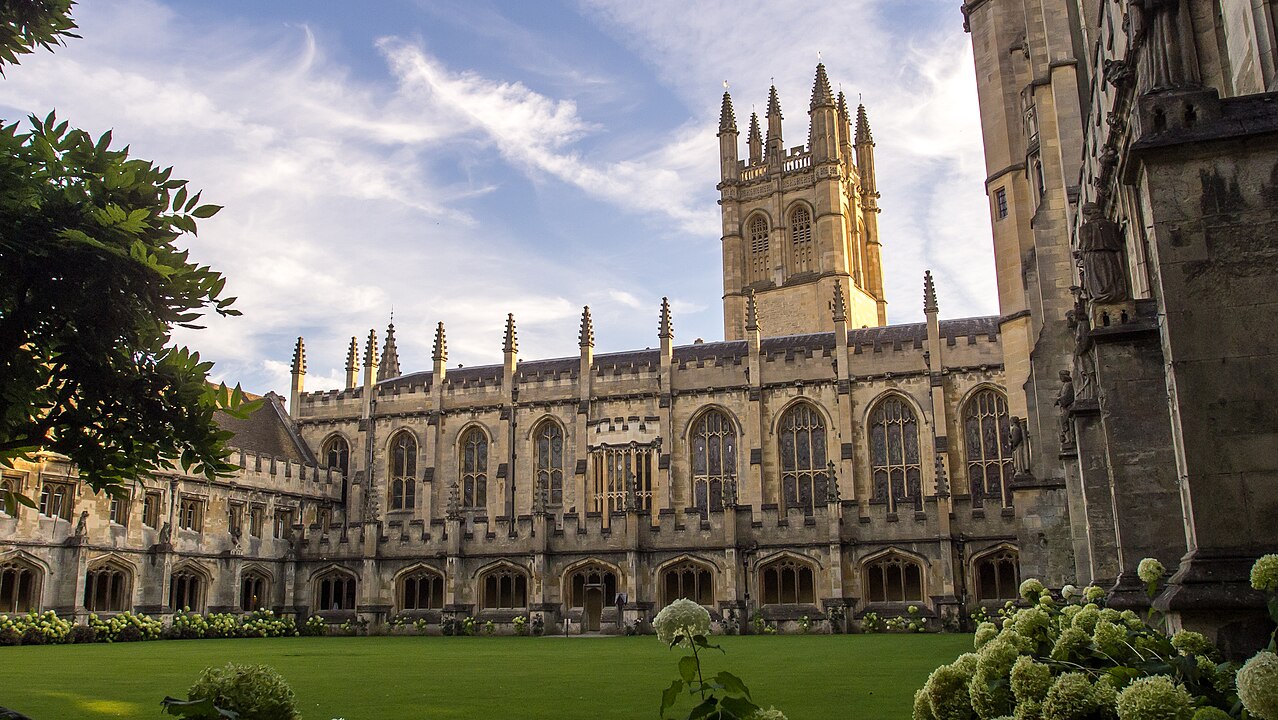
Voltaire Foundation Besterman Lecture
Lecture | Antoine Lilti (Collège de France), The three languages of universalism: thinking globally in the Enlightenment
Universalism has become one of the most disputed aspects of the Enlightenment heritage. Some see in eighteenth-century thought a defence against relativism and particularism. Others, however, reproach the Enlightenment for having fostered thinking that is Eurocentric, colonialist, even racist. This lecture adopts a different starting-point. At the heart of the Enlightenment, we find no single theory of universalism but rather competing languages of the universal. There is a cosmopolitan universalism, based on the right of individuals; a progressive universalism, founded on the history of civilisation; and a critical universalism, that denounces the Europeans’ overweening pretentions. It is important to identify these multiple languages of universalism to properly understand the modern relevance of the Enlightenment.
The lecture will take place at Grove Auditorium, Magdalen College. Attendance is free but please register by sending an email to email@voltaire.ox.ac.uk



